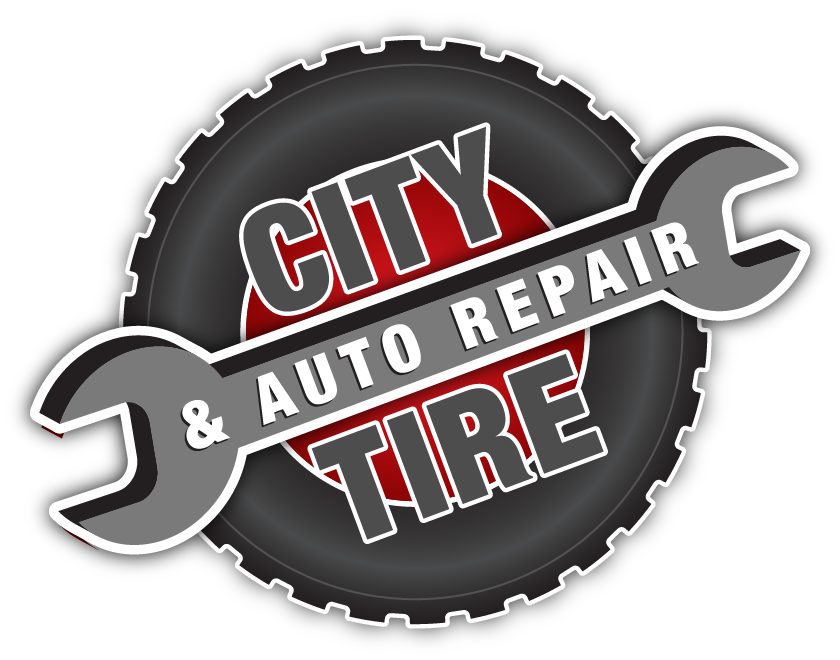Auto Repair Services
Air Conditioning Repair
Your vehicle's heating and A/C systems should be inspected seasonally to keep your automobile comfortable.
Air Conditioning Repair
Your vehicle's heating and A/C systems may wear gradually with usage, so proper routine maintenance is important to keep your vehicle cabin temperature comfortable for you and your passengers.
Heating and A/C systems function to keep your car cabin warm in the winter and cool in the summer. The air conditioning system also provides the function of operating your defrost in the winter months. Heating systems are made up of a heater core (this acts like a small radiator behind the dash), a fan, and hoses that distribute the warmth from the engine to the rest of the vehicle. Air conditioning systems function similarly, delivering coolant to the fan to blow chilly air throughout the cabin.
City Tire & Auto Repair offers Air Conditioning Services in Chicago, IL
Remember to schedule your heating or air conditioning inspection prior to the start of the season, to ensure you have the most comfortable driving experience.
How to know if your vehicle's heating and A/C are having complications:
- If your A/C blows only somewhat cooler than the air exterior
- Air that blows in smells damp, stuffy, or like mold
- Your cabin does not heat up in cold weather or is only a little warmer compared to outside
- The defroster takes longer than typical to function, blows in dirty air, or doesn't work
- Your heating unit or air conditioning only works when driving, not when idling, or quits blowing when the automobile is in park
- Your heater blows chilly air, or the A/C blows warm
- At the greatest setting, your vents do not push out much air
An extensive assessment of heating and a/c systems includes:
- Examining the interior and blower
- Inspecting radiator coolant level, hoses, pressure cap and thermostat
- Testing the compressor belt
- Checking for punctures or additional damages
- A cooling system pressure examination
- Comparing the A/C pressure to producer specifications
- Testing the A/C system for refrigerant cracks
- Examining the interior vent air temperature level
452 W 47th St., Chicago, IL 60609
Mon-Fri: 7:30 AM - 5:00 PM
Sat & Sun: Closed


